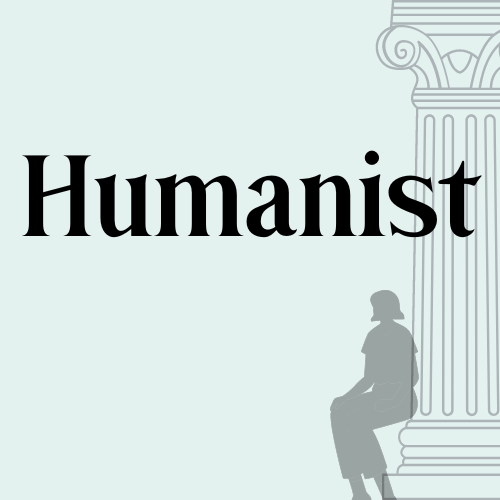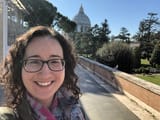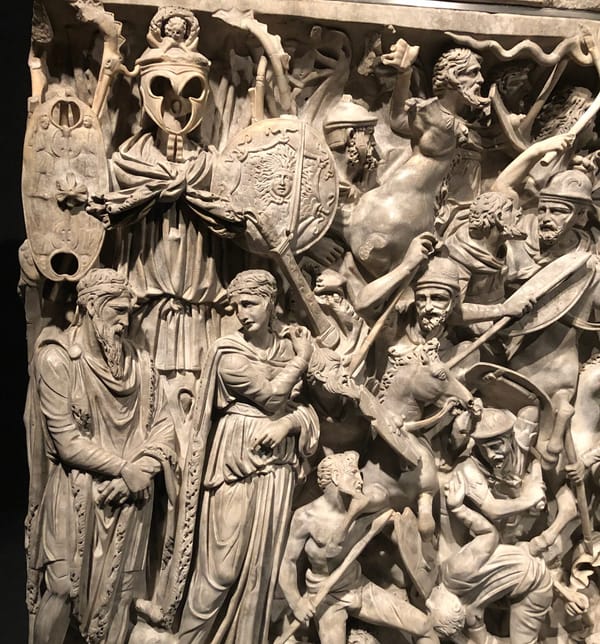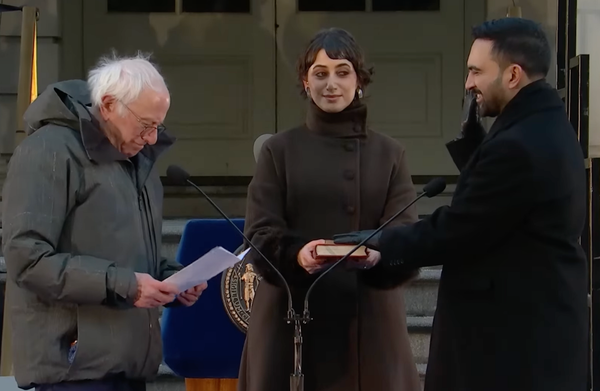Who am I teaching? Ideas for the first day of class
It's important for instructors to get to know the learners in the room, because the learners' prior knowledge and goals play a huge role in determining what they'll learn, and how much they'll learn, and how quickly. Everyone in the room will learn a lot more if the class becomes a community.
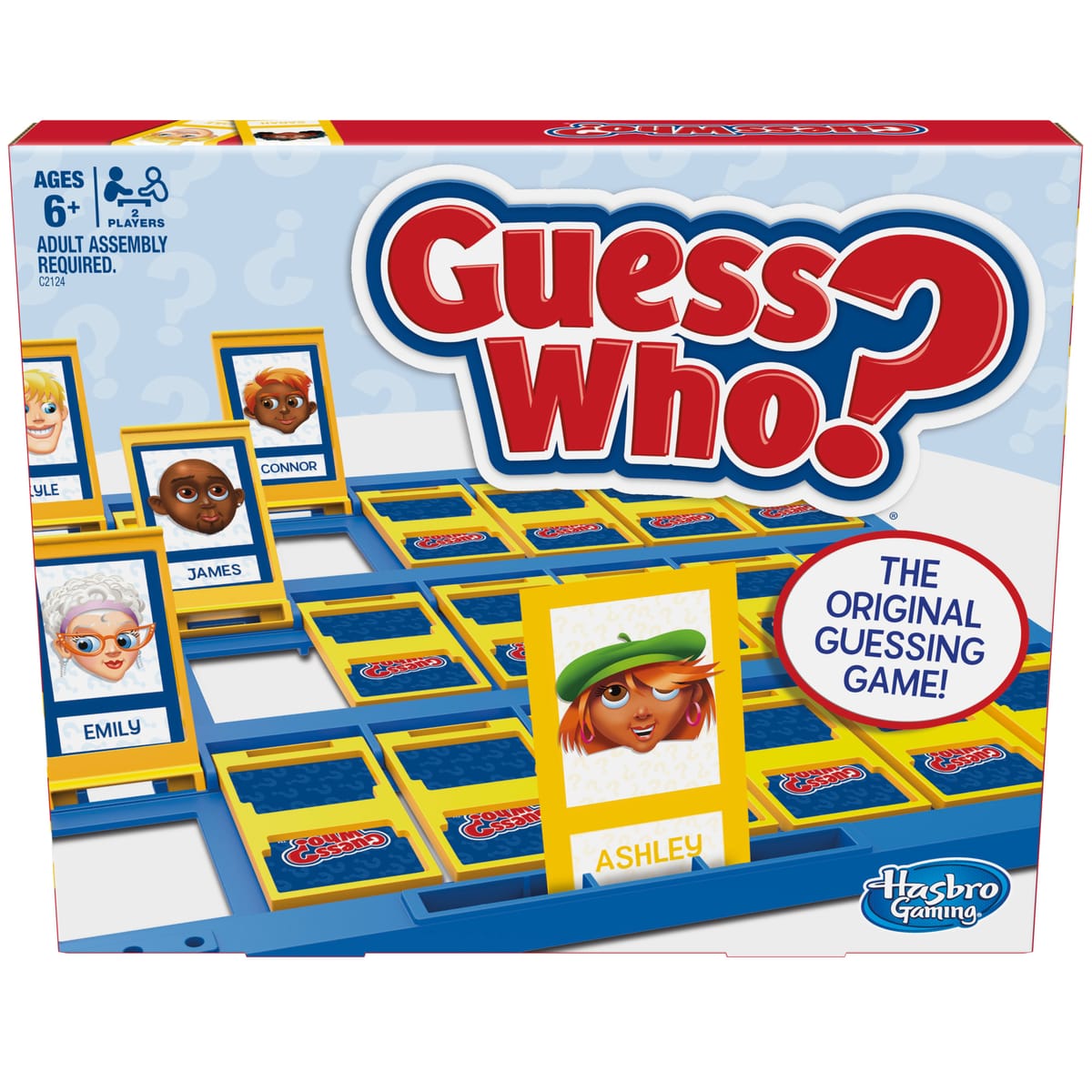
I was always anxious about the first day of class – so much so that I often forgot to tell students my name. Oops. I did start learning all of their names and pronouns, at least.
Things got better when I started presenting my syllabus in the form of a slide deck, instead of handing out copies that no one ever read. My first slide had my name on it – an effective adaptation! – and appropriate ways to address me: Dr. Kenty or Professor Kenty, fine. Mrs. Kenty, wrong. Then a slide about learning goals, a slide about assessments and grading, and so on.
Sometimes I tried an icebreaker, asking students what their favorite classics-related movie was, or what made them want to take the course. This usually fell kind of flat. More students than I hoped said that they were taking the course to fulfill a requirement or because it didn't meet early in the morning. Not the kind of rapport-building I had envisioned.
It is important to build a community in the classroom, if you want students to be brave enough to try to articulate new ideas, ask clarifying questions, and offer their perspective in front of classmates who they may never have met before. We're all used to living in our own social and political bubbles, interacting with people who share our views, thanks to social media algorithms – but when you walk into a classroom, you never know who else will be there or what bubble they've been living in, so you might feel reticent in expressing yourself freely. You don't owe those people your innermost thoughts. Some of them might be prejudiced against you, and it would be painful to find that out the hard way. But everyone in the room will learn a lot more if the class becomes a community where people do feel empowered to speak up, knowing that their perspective is valued and that they'll be treated with humanity and respect. That includes the instructor – they should be a part of the community as well. Instructor "immediacy" – a feeling that the instructor cares about their students and wants the students to talk to them – increases students' satisfaction and motivation, and to some extent their learning as well.
A team of psychology researchers ran an experiment at Texas Tech where half of the instructors ran a pretty typical first day of class, and the other half did a reciprocal interview activity: after giving groups of students time to work on a questionnaire together about their expectations of the course, the instructor interviewed the students, and then the students turned it around and interviewed the instructor. Students who did the interview activity rated the course as a more valuable learning experience at the end of the semester, and viewed their instructor as more supportive and open to answering questions.
It's also important for instructors to get to know the learners in the room. The learners' prior knowledge and goals play a huge role in determining what they'll learn, and how much they'll learn, and how quickly. I designed a senior seminar once, only to find that half the class had never even taken a classics course of any kind, much less a Roman history survey, and I had to redesign the whole course. If I'd just kept the same reading questions and assignments, I would have been setting the students up to fail and setting up a classroom of baffled, frustrated learners who couldn't participate in discussions, and what would be the point of that?
Des Robinson at Tarrant County College asked psychology students on the first day of class:
Take a moment and think if there is anything you have ever wondered that might be related to psychology. Maybe it is something you have always wanted to know the answer to and did not know who to ask, or maybe is it something you can relate to what we have discussed about psychology. Ask anything, as long as it has something do with psychology.
Then the instructor would skim the responses, pick one to read aloud, and ask the students to brainstorm and discuss possible answers. Students enjoyed the activity but also felt more excited for the course as a result.
On the first day of class (or in the first few weeks), we also have an opportunity to ask students to set some learning goals of their own in the course, and make a plan to achieve them through self-regulated learning. It's easy for college students to feel like they're just checking off arbitrary boxes to graduate, or to work mindlessly (as they might have in high school). If we can get them to take some ownership of what and how they're learning, and ask them to be intentional in scheduling time to study or work, it might help them – and it might result in better work, which is a lot nicer for us to read and grade.
For all these reasons, here are some questions I might ask now, if I were surveying students on the first day of class – and I'd have them share their thoughts with each other in small groups as well.
Questions about students' goals
- What skills do you particularly want to use in your life after college? Which of them do you want to work on in this course? What kind of assignments would give you an opportunity to do that?
- What would success look like to you, in this course, this semester, and in your college career? In terms of a grade, or not?
- What requirement(s), if any, is this course helping you fulfill in your path to graduation? Why do you think that requirement exists?
- What values do you bring to this college community that are the most important to you? How can you bring those values to this course?
- What are two goals you have for yourself in the next year, academic or not?
- What is something you'd like to get better at?
Questions about students' knowledge
- What questions do you want to know the answer to?
- What topic or reading excites you most on the syllabus? Is it something you already know something about (from where?) or something new to you?
- On a scale of 0-5, how much do you feel like you know about this subject? (0 is nothing, 5 means you could teach a class on it)
- On a scale of 0-5, how much do you feel like you know about the following 10 terms? (0 means you've never seen it before, 5 means you could teach a class on it)
Questions about students' learning strategies
- What's the class or experience in your life from which you learned the most? Why do you think that is?
- What tools or apps have you used for courses like this in the past that might help you succeed in this one?
- In class discussions in the past, how often do you contribute out loud? Are there particular things that make you more or less likely to speak?
- In language classes in the past, did you feel that speaking or reading or grammar came relatively easy to you? Were there particular activities or study methods that helped you succeed?
- What block of time in your week can you plan to give to work for this class without distractions, with any device you need and good internet access if needed? Where do you work best? What obstacles are going to get in the way?
- How do you typically study for tests? What resources help you to do that, like PowerPoints, flashcards, outlines, class Google docs, study groups, etc?
- What do you think is the best way for you to demonstrate how much you've learned? Do you tend to do better with tests, presentations, papers, creative projects, or some other assessment format?
- Have you visited a professor during office hours, gone to a study session with a TA, or sought support for a class before? How so? What motivated to you to do that? What obstacles have prevented you from doing that, or might prevent it in the future?
Questions about students' perspective and interests
- What are you exceptionally good at, or exceptionally knowledgeable about? (does not have to be related to school)
- What are your most important obligations outside of this class?
- Describe a conversation you’ve had about a book, TV show, podcast, movie, or video game that made you think about it in a new way or from a new perspective, or that changed your mind about it (preferably something you liked a lot or thought about a lot).
- What was your favorite class, club, or team in high school and why? What kind of support did you get in that activity that worked for you?
- What is the social issue or vision for our society that you care about the most? What is a change in our society that you hope will happen in your lifetime?
- What's one food you can't get at college that you miss?
- In a few sentences, what is one of the most memorable/exciting/interesting things you learned last semester? (in a class or not)
Further reading
Ashley Mowreader. July 25, 2023. "Engagement Tip: Create a First-Day Survey." Inside Higher Ed.
"Developing a Pre-Course Survey." Yale Poorvu Center for Teaching and Learning.
"The First Day of Class." DePaul University Teaching Commons.
